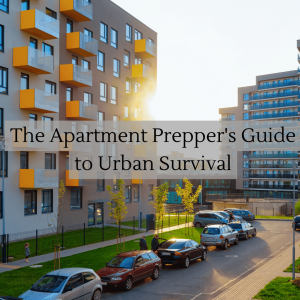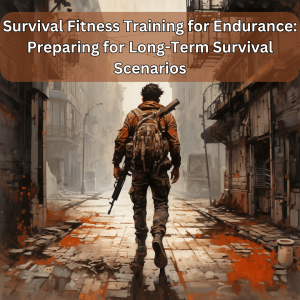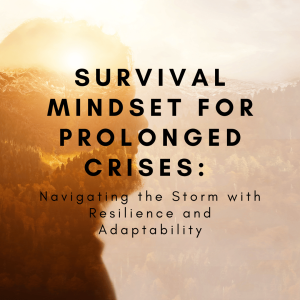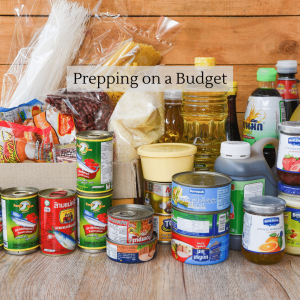In an era of increasing uncertainty, off-grid living has gained significant attention among individuals looking to be self-reliant and prepared for any situation. Whether you’re drawn to off-grid living for ecological reasons or as a means of enhancing your preparedness, this lifestyle choice requires careful planning and preparation. In this article, we will explore essential off-grid living tips that can help you thrive in a self-sufficient and sustainable manner. Let’s dive in!
- Secure a Reliable Source of Renewable Energy: One of the most crucial aspects of off-grid living is to establish a sustainable energy source. Investing in solar panels or wind turbines enables you to harness the power of nature and generate electricity. By prioritizing renewable energy, you can reduce your dependence on the grid and ensure a consistent power supply, regardless of external circumstances.
- Conserve Water and Implement Efficient Systems: Water is a precious resource, particularly when living off the grid. Implementing water conservation practices is vital for sustainability. Install rainwater collection systems, use low-flow fixtures, and practice responsible water usage habits. Investing in water filtration systems also ensures a clean and safe water supply, allowing you to become less reliant on external sources.
- Cultivate a Thriving Garden and Preserve Food: Creating a productive garden is a cornerstone of off-grid living. Cultivating your own fruits, vegetables, and herbs not only provides a fresh and nutritious food source but also promotes self-reliance. Learn about companion planting, crop rotation, and organic gardening practices to maximize yields. Additionally, explore food preservation methods such as canning, drying, and fermentation to ensure a year-round supply of food.
- Develop Essential Survival Skills: Off-grid living necessitates a diverse set of skills to thrive in various situations. Learning basic first aid, navigation, self-defense, and sustainable construction techniques are vital for your long-term resilience. Acquiring knowledge in alternative cooking methods, foraging, and hunting can also supplement your food sources. The more self-sufficient skills you acquire, the better equipped you’ll be to handle unforeseen circumstances.
- Prioritize Waste Management: Efficient waste management is crucial for off-grid living. Implement composting systems to recycle organic waste and create nutrient-rich soil for your garden. Consider installing a biogas digester to convert waste into usable energy. Recycling, upcycling, and reducing waste should be integral parts of your off-grid lifestyle, minimizing your environmental impact and fostering sustainability.
- Establish a Supportive Off-Grid Community: Building connections with like-minded individuals pursuing off-grid living can be immensely valuable. Join online forums, attend local events, and participate in workshops to network and share knowledge. Collaborating with a supportive community can provide practical advice, resources, and emotional support during challenging times.
- Invest in Reliable Communication Systems: While off-grid living offers a chance to disconnect from the grid, maintaining communication channels remains essential. Explore reliable communication options such as satellite phones, ham radios, or internet alternatives like mesh networks. These technologies ensure you can stay connected with loved ones and access vital information, even when traditional means are unavailable.
Off-grid living offers a unique opportunity to embrace self-sufficiency and become less dependent on external systems. By implementing these off-grid living tips, you can create a sustainable and resilient lifestyle. Prioritize renewable energy, water conservation, food cultivation, essential survival skills, waste management, community building, and reliable communication. Remember, preparation is key, and with careful planning, you can thrive in an off-grid environment while enjoying the peace of mind that comes with self-reliance.





